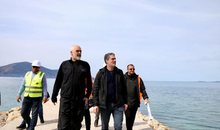
 Flash News
Flash News
Veliaj's appeal to be heard today in the High Court
Today's hearing at the Fier Court, Salianji requests conditional release
Taxi collides with truck on Lezhë-Shkodër axis, driver taken to Trauma in serious condition
At least 91 dead in Texas floods
A decomposed body is found in Kolonjë, initial suspicions

Last week, the Republic of Kosovo experienced a series of attacks: first, hand grenades exploded near the Kosovo police station in Zvecan in the predominantly Serb-populated northern part of the country. A few days later, a hand grenade exploded in the municipality of Zvecan. Shortly after, an explosion damaged a major water channel not far from the city of Mitrovica, which is important for supplying water to residents of northern Kosovo and for cooling the power plant.
It is still unclear who is behind the attack. The governments of Serbia and Kosovo accuse each other of responsibility. But the attack on the Iber-Lepenc canal was condemned by the European Union as a "terrorist attack": "It is a despicable act of sabotage against Kosovo's critical civilian infrastructure," said the outgoing EU foreign policy chief, Josep Borrell.
Regardless of the outcome of the investigation, it can be said that since 2022 there have been a series of violent actions and threats from Serbia against Kosovo. In September last year, a paramilitary group infiltrated from Serbia and armed with weapons from the Serbian armed forces attacked Kosovo police. A policeman and three attackers were killed in a "terrorist act" condemned by the EU. Brussels threatened sanctions, but that was it. Later, Serbian President Aleksandar Vučić moved his armed forces closer to Kosovo. Only US and NATO interventions forced Vučić to stop his tanks. A similar scenario occurred in December 2022.
"Serbian World"
During the EU mediation in March 2023, Vučić and Kosovo Prime Minister Albin Kurti verbally agreed to improve relations. That same evening, when asked when the agreement would be signed, Vučić said on television: "I have unbearable pain in my right hand, and I can only sign with my right hand. It is expected that this pain will last for the next four years."
In May 2023, Serbian attacks on the NATO peacekeeping force, KFOR, followed, in which 90 soldiers were injured, some seriously. After KFOR was increased to almost 5,000 soldiers late last year, violence in Kosovo decreased.
In June 2024, an intergovernmental conference was held in Belgrade under the leadership of Vučić with the aim of implementing the concept of the "Serbian World". The notion is based on the term "Russian World". "Serbian World" is a new description of the "Greater Serbia" project that Serbian President Slobodan Milošević implemented during the breakup of Yugoslavia in the 1990s, namely the unification of all areas inhabited by Serbs.
Lavdërim nga Presidenti i Komisionit Evropian
Në prill të vitit 2024, komandanti suprem i NATO-s për Evropën, gjenerali amerikan Christopher Cavoli, paralajmëroi urgjentisht për konflikte të reja të armatosura në Ballkanin Perëndimor. Rusia, tha ai, po përdor aktorët serbë për të ndezur tensionet në rajon dhe për t'i kthyer grupet e ndryshme etnike kundër njëri-tjetrit. "Sulmet ndaj policëve të Kosovës dhe grumbullimi i trupave serbe në kufirin me Kosovën veriore përfaqësonin kërcënimin më të madh të dhunës ndërshtetërore që nga fundi i luftës së vitit 1999 dhe demonstruan një nivel shqetësues kërcënimi në rajon," tha Cavoli.
Këto ngjarje nuk u diskutuan gjatë vizitës së Presidentes së Komisionit Evropian Ursula von der Leyen dhe bisedës me Vuçiqin në Beograd në tetor 2024. Vuçiç dhe qeveria e tij u lavdëruan dhe u shpërblyen në mënyrë eksplicite: Von der Leyen konfirmoi se Vuçiç kishte bërë një "punë të shkëlqyer" me një " program të shkëlqyer të reformave” dhe paralajmëroi ndihmë financiare për Serbinë në qindra milionë euro.
"I dashur Aleksandar," tha von der Leyen, "ju keni treguar se jeni të vendosur të nxisni për reforma, veçanërisht në aspektin e shtetit ligjor dhe demokracisë. Ju keni treguar se fjalët tuaja pasohen nga vepra!"
Modaliteti hibrid
Lavdërimet e presidentit të BE-së janë në kontrast të plotë me analizat e shumta të instituteve dhe organizatave joqeveritare të njohura. Sipas Projektit Botëror të Drejtësisë, Serbia renditet e 94-ta midis Beninit dhe Kinës për sa i përket sundimit të ligjit. Të gjitha vendet e krijuara nga shpërbërja e Jugosllavisë janë në pozitë më të mirë, ndër to edhe Kosova, e cila është në vendin e 58-të. Sipas Transparency International, Serbia renditet e 104-ta nga 180 vende në indeksin e korrupsionit. Dhe Human Rights Watch përshkruan një pamje të zymtë të lirisë së medias dhe vëzhguesit e zgjedhjeve i kanë kritikuar zgjedhjet e dhjetorit 2023 - si as të lira dhe as të drejta. Freedom House e ka quajtur prej kohësh regjimin serb "hibrid", do to thotë diçka midis demokracisë dhe autokracisë.
Qeveria serbe aktualisht po merr masa shtypëse kundër shoqërisë civile pas protestave kundër minierave të planifikuara të litiumit dhe rrënimit në stacionin hekurudhor në Novi Sad, në të cilat vdiqën 14 persona. Në të njëjtën kohë, regjimi i Vuçiqit, i cili po reagon gjithnjë e më me nervozizëm nga brenda, po intensifikon në mënyrë dramatike kontaktet me qeveritë e Rusisë, Kinës, Bjellorusisë dhe Iranit në nivel ushtarak, sigurisë, në nivelin politik dhe ekonomik. Duket se mungesa e kritikave nga BE-ja, së bashku me ndihmën e madhe financiare të pakushtëzuar, po arrin pikërisht të kundërtën e qëllimit të dëshiruar, që është qetësimi i Ballkanit Perëndimor.
Rule of law and lithium
"As you know, Serbia is not only a strategic partner, but also an ally of Russia," Vucic's closest confidant, Deputy Prime Minister Aleksandar Vulin, told Russian President Vladimir Putin at a meeting in Vladivostok in September, which was sanctioned by the US for its proximity to Moscow.
In an interview with "Russia Today" on the sidelines of the BRICS summit, Vulin also complained about EU and NATO representatives who repeatedly called on the Serbian government to support EU sanctions against Moscow. However, Vulin promised the Russian audience that Serbia would never commit such a "great betrayal". "I am proud of my relations with Russia and I will fight until the last day of my life to bring them closer."
Since German Chancellor Olaf Scholz brokered a multi-billion-euro lithium deal between Brussels and Belgrade in July, things have been heating up in the Western Balkans. A former German diplomat and Balkans expert, who wished to remain anonymous, said the EU now sees the Balkans only as “a region where the caretakers come from” with “resources like lithium.” “Autocrats like Vučić” are useful here because they can best push controversial domestic projects like the lithium business.
A Balkans expert at the University of Graz, Professor Florian Bieber, comments on his X account: "Today, the EU and Germany have exchanged democracy, the rule of law and the prospect of Balkan EU membership for lithium. In Serbia there are no independent institutions or media, nor room for a critical civil society."
As announced, Vučić will meet with Chancellor Olaf Scholz next Tuesday in Freiberg, Saxony. The topic of the meeting is "Sustainable use of lithium." DW
Latest news


Fire on Mount Dukat still active, Llogara National Park at risk
2025-07-08 09:28:12
Veliaj's appeal to be heard today in the High Court
2025-07-08 09:16:02
"Bad sign for democracy"/ Parliament neglects reporting by institutions
2025-07-08 09:04:56
Today's hearing at the Fier Court, Salianji requests conditional release
2025-07-08 08:56:39
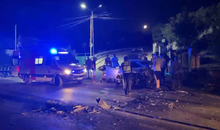
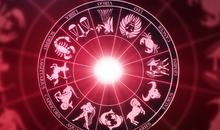
Horoscope, what do the stars have in store for you today?
2025-07-08 08:16:19
Weather forecast/ How temperatures will vary throughout the day
2025-07-08 08:02:37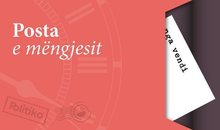
Morning Post/ In 2 lines: What mattered yesterday in Albania
2025-07-08 07:48:30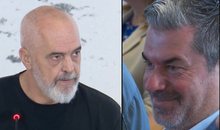
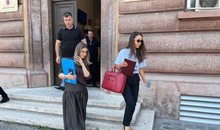
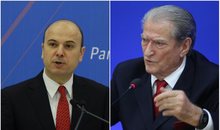
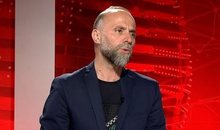
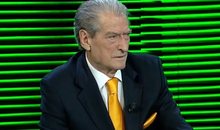

Marrëdhënia që s’është romancë, por s’është as thjesht kolegiale
2025-07-07 21:39:13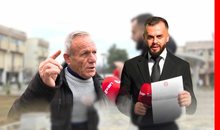
Citizen is asked to pay 2.5 million for a non-existent meter
2025-07-07 21:28:03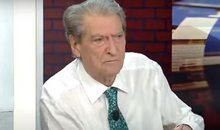

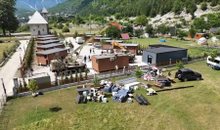
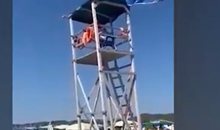

What is the ideal air conditioner temperature in summer?
2025-07-07 20:53:46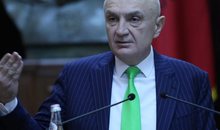
GJKKO left him in prison, Meta appeals the decision
2025-07-07 20:38:05
Where is Ronaldo after missing Diogo Jota's funeral?
2025-07-07 20:38:04

Messages from the author who killed Ilaria Sulla in Rome are revealed
2025-07-07 20:20:12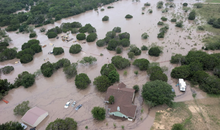
At least 91 dead in Texas floods
2025-07-07 20:12:02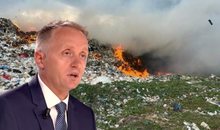
Elbasan, choked by smoke, scorched by conscience
2025-07-07 19:48:16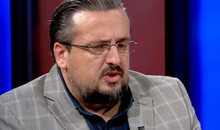

Swarm of bees attacks citizens in France, 24 people end up in hospital
2025-07-07 19:32:03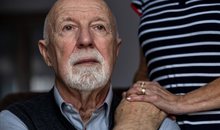
Dementia/Hearing loss may be a warning sign
2025-07-07 19:13:06
The decision for Malltez, Gjokutaj: Boomerang for SPAK and the Court
2025-07-07 19:01:08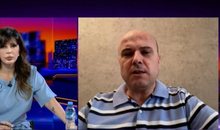
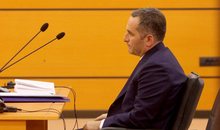
Former Supreme Court member acquitted of asset concealment
2025-07-07 18:36:40

WIIW expert in Politiko: Brain drain is steadily weakening the Albanian economy
2025-07-07 18:11:41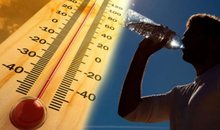
Heart health is at risk from extreme heat, here's what you should be careful of
2025-07-07 18:10:18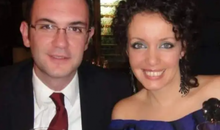
Today Gert Bogdani would celebrate, Edlira Çepani's touching dedication
2025-07-07 17:40:45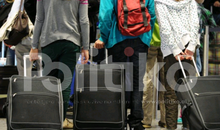
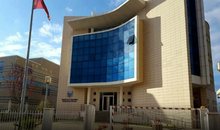
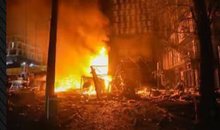
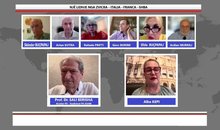
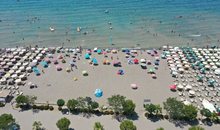
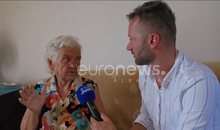

The striker severely accuses the Fenerbahce club: They tried to drug me
2025-07-07 16:21:03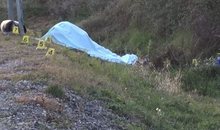
A decomposed body is found in Kolonjë, initial suspicions
2025-07-07 16:03:31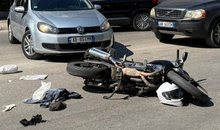
Accident in Saranda, car hits motorcycle, one injured
2025-07-07 15:58:56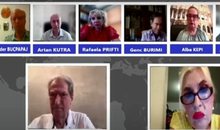

The most fertile age for men and women
2025-07-07 15:40:52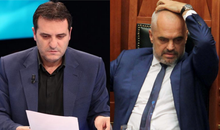
Locals, Rama candidate in 5 municipalities
2025-07-07 15:32:22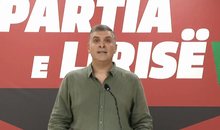
Blushi: Meta's criminal kidnapping, incomparable even to Navalny's in Russia
2025-07-07 15:20:34
Meet the iPhone 17 Pro, the main innovations in design and technology
2025-07-07 15:09:09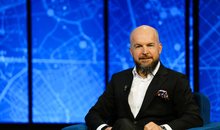
Why the release of Abi Malltez does not free him; much less Albania
2025-07-07 15:00:12
‘Lidhjet klienteliste’ të mjekëve mbushin recetat e pacientëve
2025-07-07 14:57:33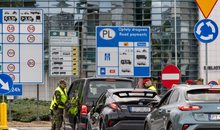
Poland imposes border controls with Germany and Lithuania
2025-07-07 14:48:15

Caught transporting firearms from Kosovo to Albania, young man arrested (NAME)
2025-07-07 14:37:47
Theo Hernandez flies to Saudi Arabia for medical check-ups
2025-07-07 14:26:47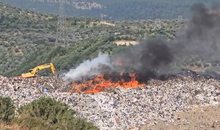
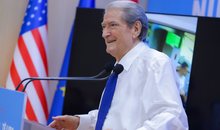
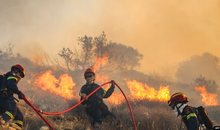
Scorching heat, Greece orders mandatory work holidays
2025-07-07 13:54:25
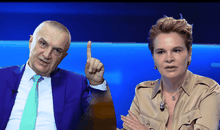
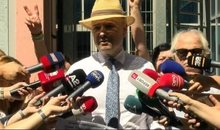
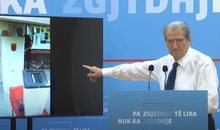
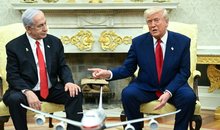
Trump expects Netanyahu to discuss Gaza ceasefire
2025-07-07 12:54:27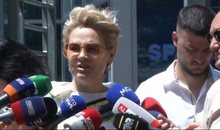
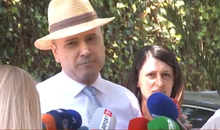
GJKKO releases Jamarbër Malltezi from house arrest
2025-07-07 12:35:02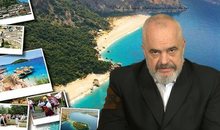
Tourism among contrasts
2025-07-07 12:31:01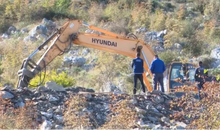
IKMT action in Theth, starts demolition of unauthorized constructions
2025-07-07 12:24:18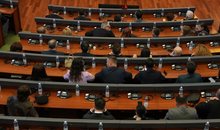
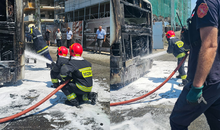
The Tirana-Kamëz line is destroyed by urban fire
2025-07-07 12:00:24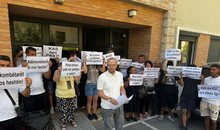
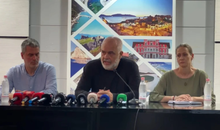
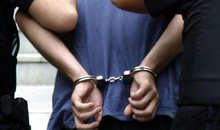
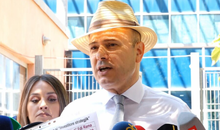
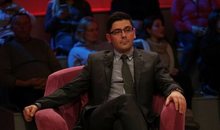
Poor direction!
2025-07-07 11:16:01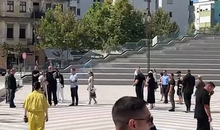
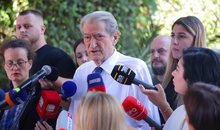

Rama to gather the country's mayors on July 9
2025-07-07 10:43:31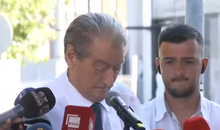
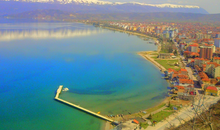
Ohrid Natural Park on the way to UNESCO's "black list"
2025-07-07 10:25:58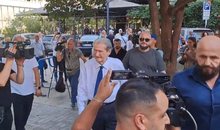

Registrations for the new school year begin in e-Albania
2025-07-07 09:59:09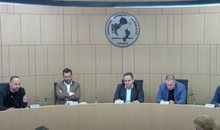
KAS decides the "fate" of the elections in four districts of the country today
2025-07-07 09:50:51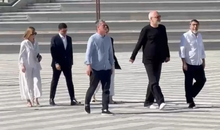
Rama does not give up on Vlora, visits the municipality again
2025-07-07 09:39:11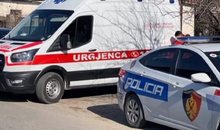
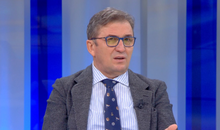
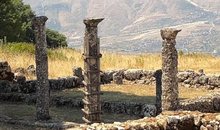
Fires in Gjirokastra, flames very close to cultural monuments
2025-07-07 09:12:49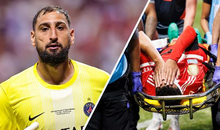
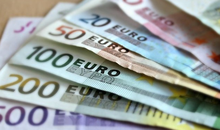
Foreign exchange, the rate at which foreign currencies are sold and bought
2025-07-07 08:39:57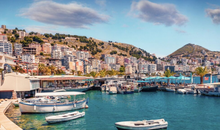

Horoscope, what do the stars have in store for you today?
2025-07-07 08:14:17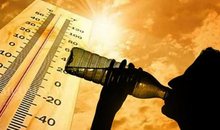
The week starts with scorching temperatures, the thermometer reaches 37°C
2025-07-07 07:58:36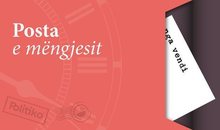
Morning Post/ In 2 lines: What mattered yesterday in Albania
2025-07-07 07:45:15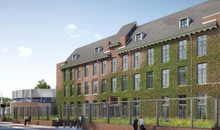
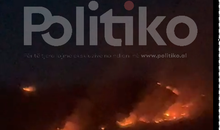
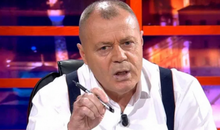
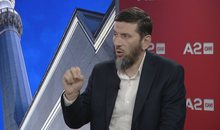
Theologian: Behind Rama's idea for a Bektashi state in Albania, Israel is hiding
2025-07-06 20:57:48